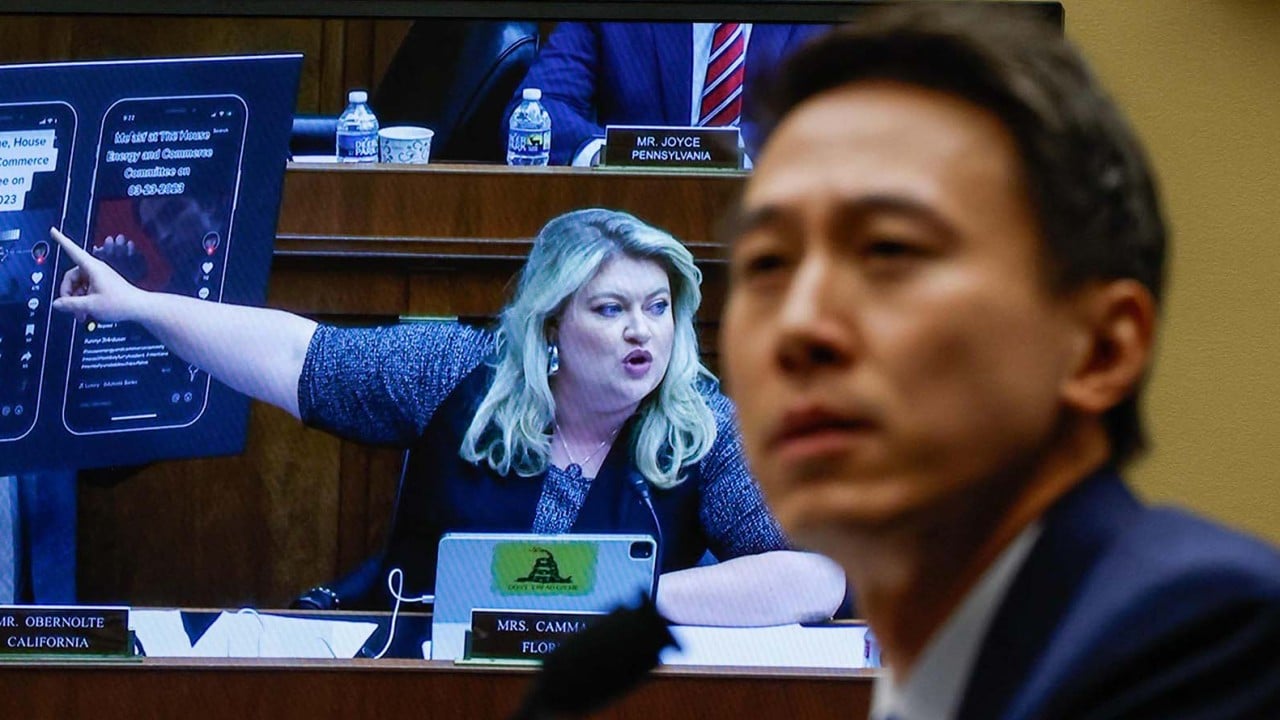
TikTok US hearing: Chinese media, netizens slam ‘paranoid’ lawmakers as ByteDance fights app ban
- Chinese netizens have rushed to denounce US lawmakers, who pressed TikTok CEO Chew Shou Zi over the app’s Chinese ties in a lengthy testimony
- One Weibo user called the hearing a ‘political performance’, while the Global Times characterised it as ‘a political smearing carnival’
An article published by the Global Times, a daily tabloid affiliated with the People’s Daily, described the House hearing as a “political smearing carnival”.
“Most of the congresspeople, especially the Republicans, had no intention of having a dialogue with [Chew],” the article read. “They had already convicted him and TikTok, convinced that the app is an agent of the Chinese government.”
During the packed hearing, Chew fielded questions over the app’s danger to teenagers, data privacy and American national security.
At a routine press conference on Friday, Mao Ning, spokeswoman for China’s foreign ministry, said the Chinese government “never has and never will ask businesses or individuals to violate local laws to collect or provide data and intelligence in foreign countries”.
“The US government hasn’t provided any evidence to show TikTok threatening US national security,” she said.
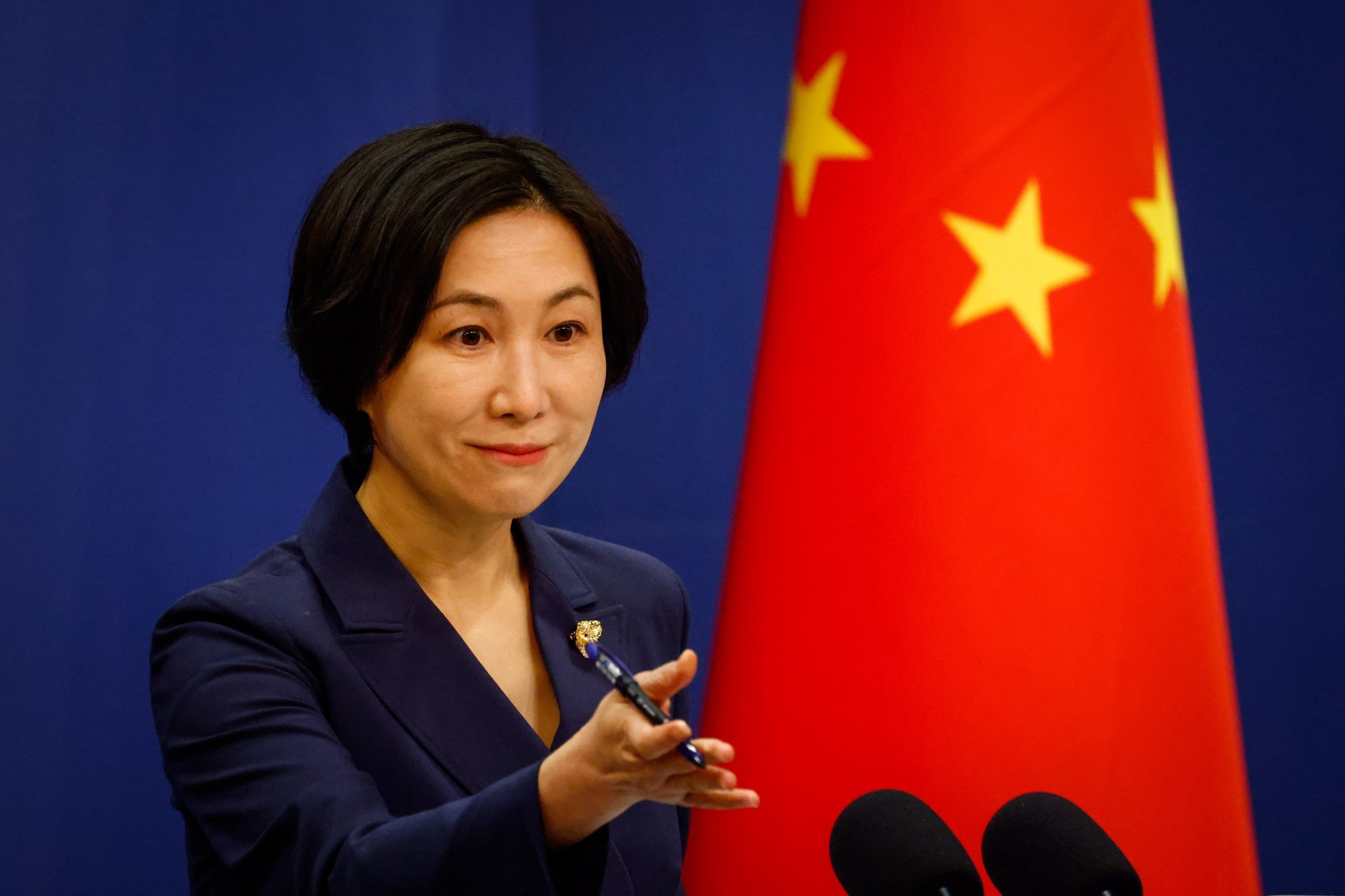
The hearing was “very damaging to the reputation of the United States as a positive business environment” and “set a very bad precedent for domestic competition in the US”, said Mei Xinyu, a researcher at the Chinese Academy of International Trade and Economics Cooperation, a think tank under the commerce ministry.
“If the US really wants to rob the technology of TikTok, it’s impossible for China to say yes,” he said. “Most likely, TikTok will have to quit the US market, but US users may also use VPN to access it.”
“Ignoring the products and services themselves, forcing the sale of TikTok only due to the identity of foreign investors, will seriously damage the confidence of investors from all over the world, including China, to invest in the United States,” a spokeswoman said.
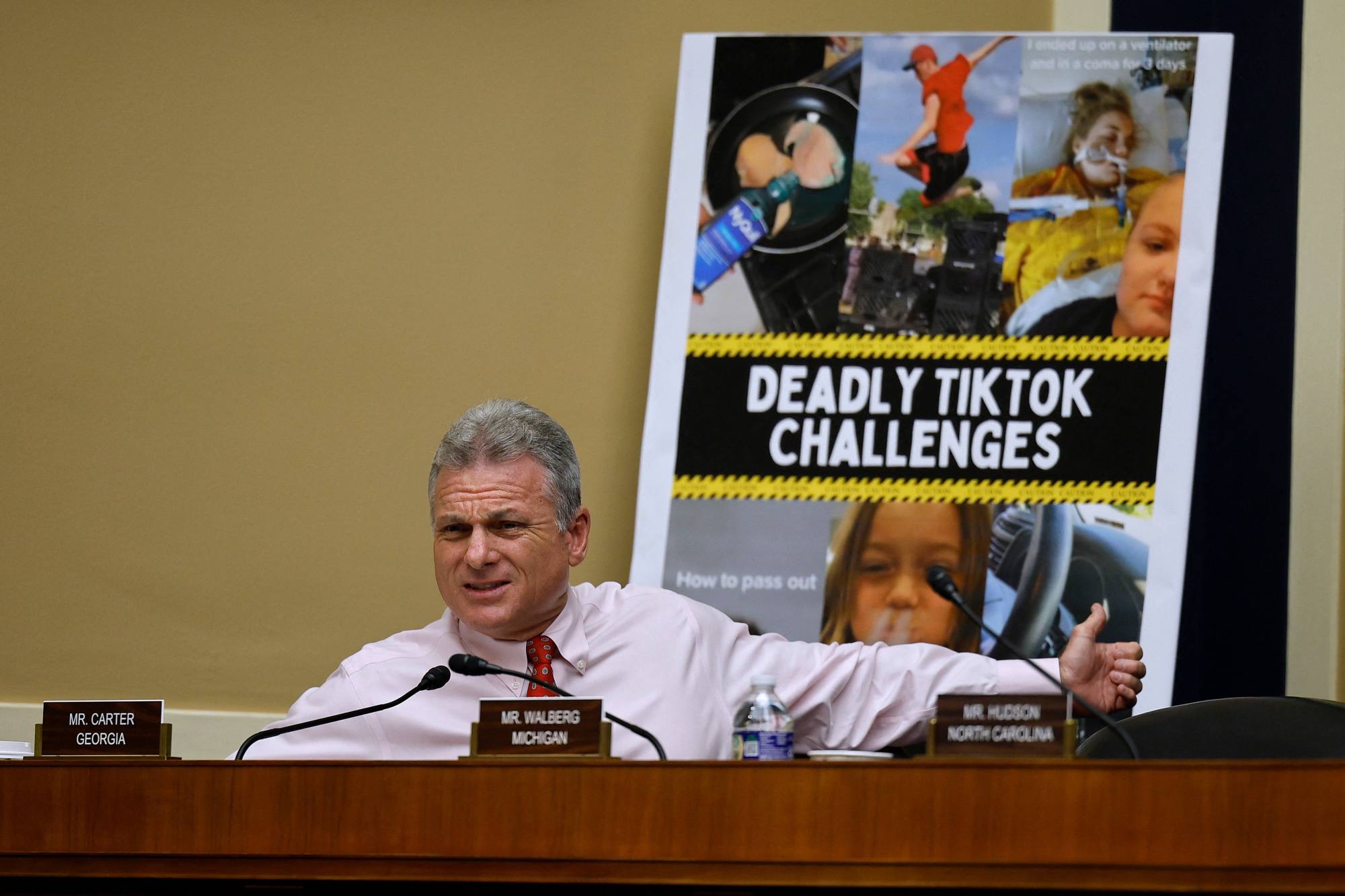
TikTok and ByteDance did not immediately respond to a request for comment on Friday.
A forced sale by the US government would put TikTok in a similar situation it faced two years ago, when then-US President Donald Trump ordered the app’s Beijing-based owner ByteDance to divest the American operations of the short video app.
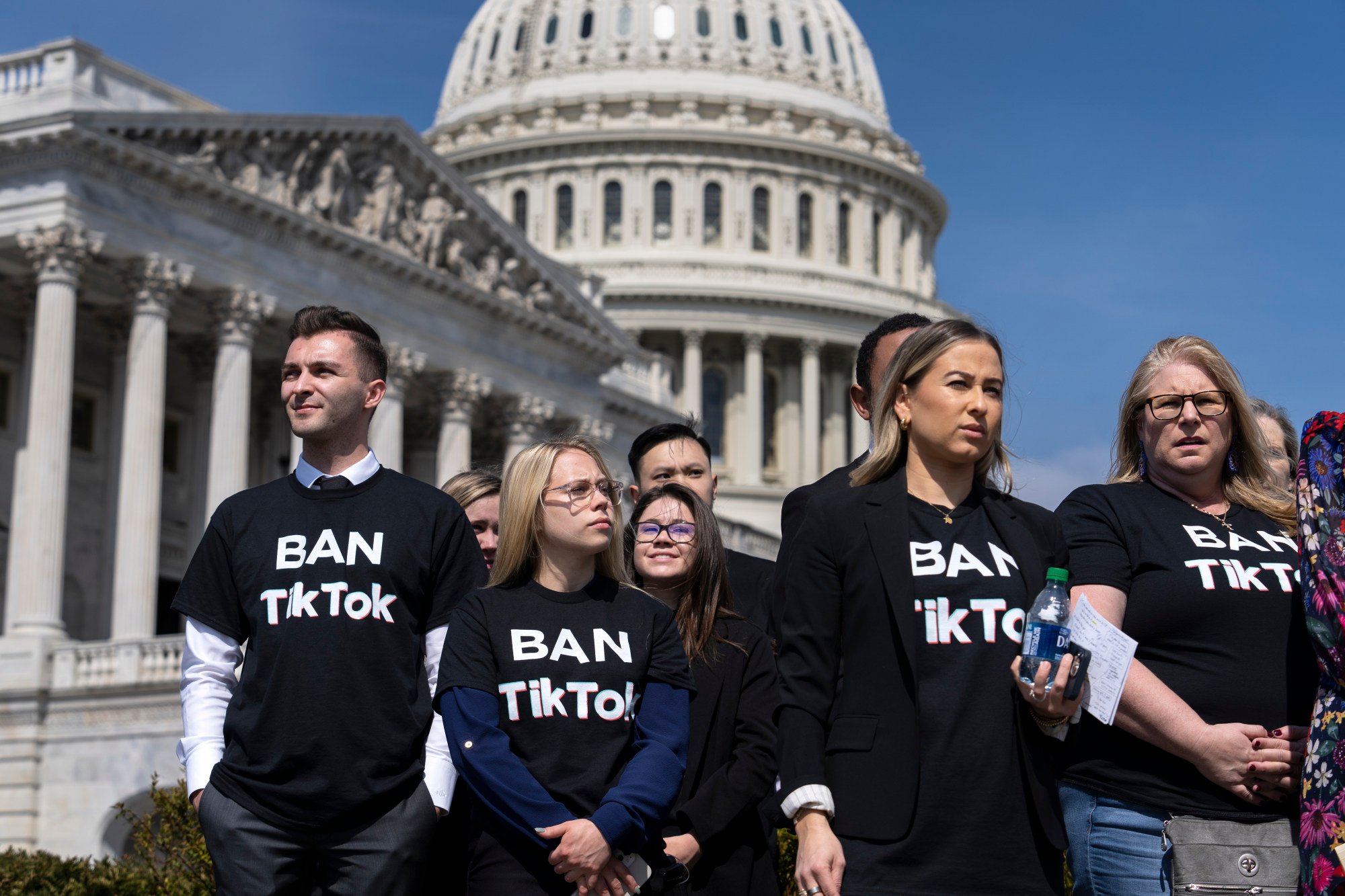
The concerns over TikTok stem from the speed at which the app has grown and penetrated societies, according to Abishur Prakash, co-founder and geopolitical futurist at the Centre for Innovating the Future, an advisory firm based in Toronto.
“The ‘beating heart’ of the TikTok saga is what the app represents: the rise of Chinese ecosystems that are challenging the US” Prakash wrote on Twitter on Thursday. “By trying to eject TikTok, the West is further erecting barriers against Chinese tech – and China itself … And, to control TikTok, the US is actually copying China’s playbook.”
“The company’s goodwill efforts have done little to assuage US concerns,” said Lizzi Lee, honorary junior fellow on Chinese Economy at the Asia Society Policy Institute’s Center for China Analysis. “This situation underscores the hurdles firms with Chinese ties encounter when steering through the choppy waters of international politics and government relations.”
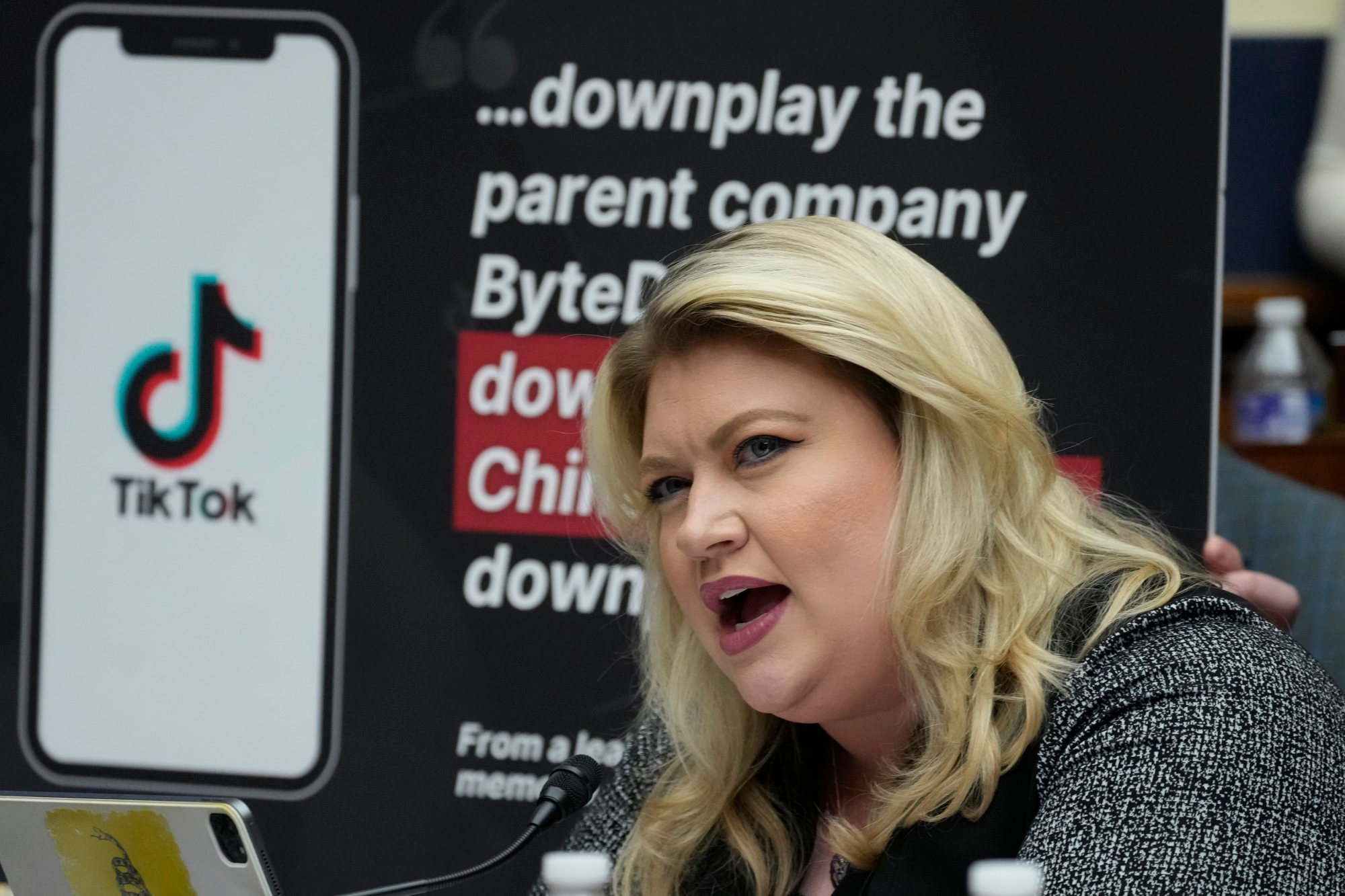
On Chinese social media, many netizens denounced the TikTok hearing.
The US lawmakers did not listen and “had only politics and persecution in mind” when throwing questions at the TikTok CEO, wrote Li Xiang, founder of Shijieguan News, on Weibo. He found some of the queries “emotional”, “paranoid” and “worthless”.
The hearing “won’t make any substantial difference” on the bipartisan scepticism over TikTok, Weibo user Chouxiaoya commented, calling the session a “political performance”.
This was just “some American loser politicians trying to bully a Chinese company”, Weibo user Miko San concluded.



